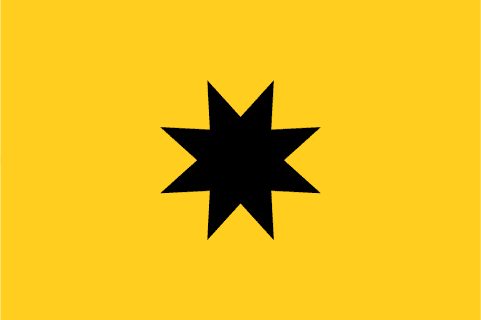How to tell a good directory from a bad one
As discussed by Matt Cutts and others, there are several criteria for telling good and bad directories apart. Here is our quick checklist of what to check before deciding to use one.
Is the directory a household name?
Some of the most well-known phone directories such as the Yellow Pages have online equivalents. Having a Yelp profile’s also a great idea. If you (and your potential customers) have heard of a brand, it’s more than likely that its directory site will have plenty of quality control, only accepting the best businesses. Search engines will take this on board and the visibility of your site will be boosted.
Does the directory reject applicants?
There are two types of directories: the first type accepts any business no matter what, the second filters through applicants, only awarding places on their directory to top quality businesses that will be of genuine interest to their visitors. Guess which type Google likes, and which one is considered spam? (In case we aren’t being clear enough, they like the selective ones and do not like the free-for-alls.)
Does the directory list good businesses?
If a directory only lists reputable and trusted businesses, such as your own competitors, it’s likely that Google will take it seriously and reward these businesses accordingly.
Is the directory page relevant to your industry or service?
There are some directories that cater for specific or niche areas that are considered useful, both by Google and by visitors, and are therefore trusted. Arca’s directory of asbestos removal contractors in Greater London is a great example of this. To find the equivalent for your sector, try googling, and check the rest of the steps on this list to make sure any directory you find is legitimate.
Is the directory well-designed?
Just because you have never heard of a directory, doesn’t mean it isn’t reputable. One factor to take into account is a directory’s design. The rule of thumb is, if it looks like spam it probably is spam. And even if it isn’t, a badly designed directory is still best avoided. This rule of thumb has been in place for many moons, largely since Google Panda update. If your website is badly designed, its rankings will suffer.
If the directory looks as though its intention is to provide useful information to prospective clients through a clean, easily navigable interface, then it will probably be okay. If it looks shifty, as though its sole function in life is to gain link metrics for its listed businesses with little thought given to people using it as a genuine place to search for businesses, then it is probably a link farm or part of a link network.



